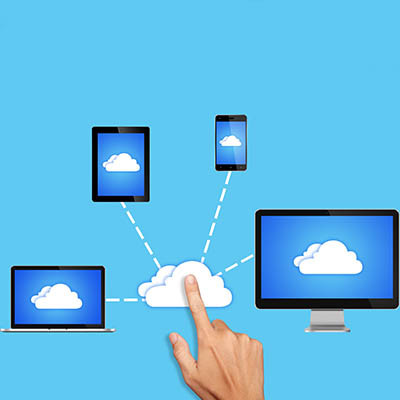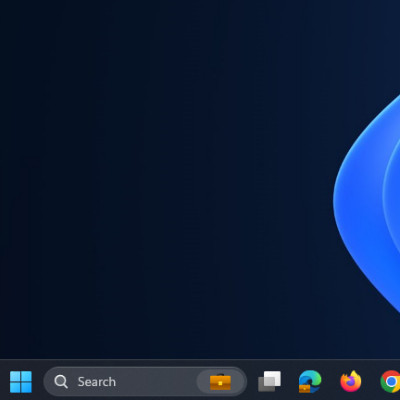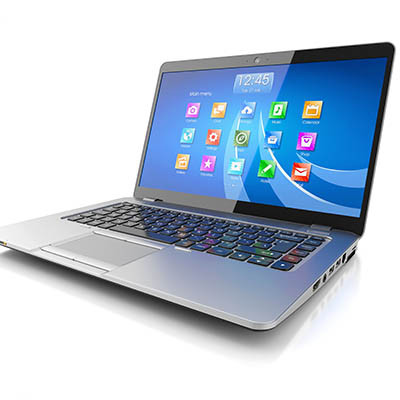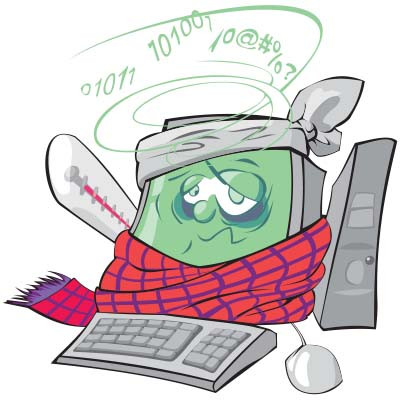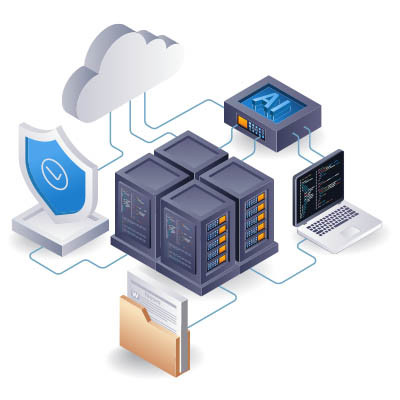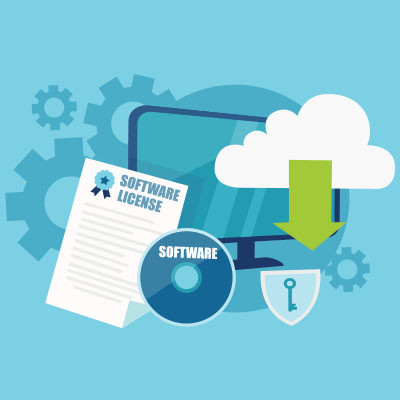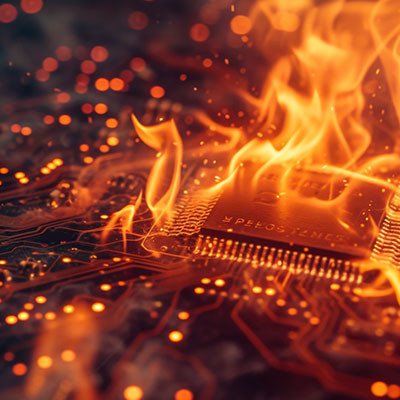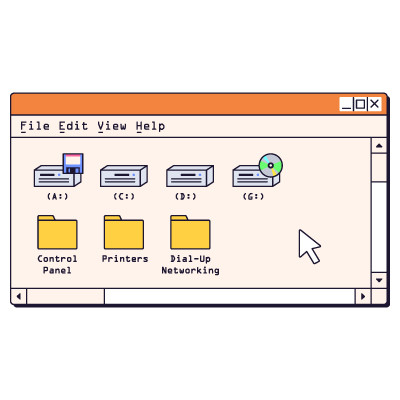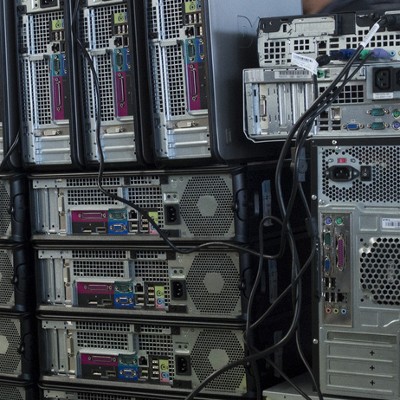Master Solutions Blog
On October 14, 2025, Windows 10 will officially reach its end of support. This means that millions of users around the world will have to make a decision: upgrade to Windows 11, or continue without support. What does this end of support mean, and how should your business prepare?
Businesses tend to strive for agility, meaning that they want to make changes quickly and effectively as their needs change. Technology often holds them back from making these changes. You can bypass this roadblock through the MACH architecture framework, a way to build a flexible, scalable, and future-ready IT infrastructure to suit your business’ needs.
A powerful feature built into Windows that can significantly enhance your daily workflow and organization: Virtual Desktops.
We often discuss how technology can be better leveraged for productivity. Many individuals, perhaps familiar with the "Spaces" feature on macOS from their personal devices, might be pleased to discover robust similar functionality within the Windows operating system. This feature, known as Virtual Desktops, is designed to help you manage your digital workspace more effectively.
Windows is, for the most part, the default operating system you can expect to see in a business setting. That said, some owners have never used a Windows computer before, instead using a simple Chromebook or a Mac. Still, it’s good to know how Windows works, especially since it seems there’s a significant gap in knowledge.
Today, we’re exploring how the different drives on Windows PCs work so you can make better use of your workplace tools.
Last month, we wrote about how Windows is not the only operating system out there and that new users may be coming to the OS for the first time. We want to continue this discussion by sharing how to navigate the many features of Windows 11, including one of the more useful ones: the Start menu. You’ll find the other articles in this series by checking the “Learning Windows” tag here on our blog.
Windows might be the standard for business, but that’s because it was the original standard. These days, children grow up with Chromebooks in schools while using Mac and Apple products for their personal devices. It might not be safe any longer to assume that today’s workers know what they’re doing with the Windows operating system, especially as a younger generation grows up and enters the workforce.
Managing an office these days means juggling tons of devices, and it can be a real hassle. You've got to keep an eye on every device, know who's using what, and notice any trends. If you're not already tracking your tech, it’s a smart move to start. An inventory management system can seriously simplify the process.
No one likes a slow, glitchy computer. Sometimes, though, these issues aren’t just random annoyances—they could be signs that your computer’s hardware is starting to fail. Here are some warning signs to look for and why they matter.
There’s no getting around the fact that server management is difficult for SMBs. While they might be a critical part of your operation’s infrastructure, servers are complex pieces of technology. If they are not appropriately managed, your company could waste time, energy, and resources. Today, we want to highlight the primary functions of server management and how you can get the most out of your existing resources.
You can’t run a modern business without software. Even your most basic solopreneur business runs using software at its foundation. For businesses, this problem is increased dramatically as the amount of software fueling operations increases. Software management tools can improve the way your organization keeps tabs on its software.
Your computer’s CPU is one of the most sensitive, advanced pieces of technology that you probably don’t think too much about. The CPU itself is just around 4-5 centimeters in length and width, and it handles all of the data processing in your computer. Every single thing you do on a computer gets calculated through the CPU. Most modern CPUs have billions of microscopic transistors in that tiny little space. These transistors are so small that you can fit hundreds of them on a single red blood cell, or thousands of them in the width of a human hair.
So it’s inevitable that something can go wrong. Many fairly modern computers are experiencing a bug right now that could potentially and permanently damage the CPU. There’s a patch to fix it, but if the damage is already done, the patch won’t repair it.
When discussing technology, the term "drives" is frequently used. This term encompasses various types that a computer may utilize in its daily operations within your business. This month, our aim is to explain the functions of these drives and underscore the importance of knowing their locations and significance.
Remember the era when antivirus software, like most computer programs, came packaged in hefty textbook-sized boxes on store shelves? Fortunately, those days are over. Today, there are a myriad of antivirus options available with a very basic Google search. Having so many options can overwhelm someone looking for basic protection for themselves, so today we thought we would look at free antivirus and whether or not it can be an option.
Technology often finds its way into pop culture, especially television shows that showcase just how technology has impacted people’s lives. It’s something we can all relate to, as we have lived through a time that has seen exponential technological growth, making for some quite popular television shows that span genres. Let’s take a look at three shows that any technology enthusiast will find interesting.
It’s a routine move for businesses to perform a “hardware refresh” and procure new technology. It’s certainly nice to get new technology, but what’s your plan for handling your old devices? Instead of just tossing it in the garbage, make sure to consider all of your options in order to properly handle your old equipment.



